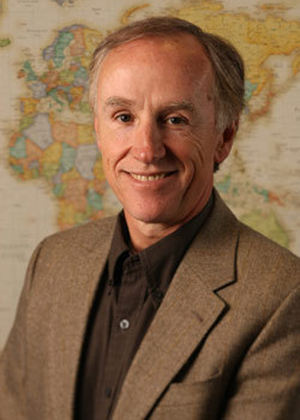 David Cortright
David Cortright
The recent capture of Mosul, Iraq, by militant Sunni extremist groups is a “body blow” to the country’s Shia-dominated government and marks a significant escalation of the region’s sectarian war, according to David Cortright, director of policy studies at the University of Notre Dame’s Kroc Institute for International Peace Studies.
Hundreds of thousands of civilians have fled their homes to escape the violence in Iraq’s second largest city, while the incursion highlights the government’s inability to maintain security.
“It would be a huge mistake for President Obama to order renewed U.S. military intervention in Iraq,” Cortright says. “He was elected in 2008 on a pledge to end U.S. military involvement in Iraq, which he fulfilled in 2011. To go back on that commitment now would be to tarnish one of the signature achievements of his presidency.”
Cortright says the crisis in Iraq is political, not military.
“Iraqi soldiers have refused to fight because they lack confidence in their government,” he says. “The problem is not the capacity to fight, but the will to fight for a discredited regime. No amount of external military intervention or assistance can fix the problem of poor governance.
“Instead of considering military intervention, the Obama administration should insist that the Maliki government engage with representatives of the Sunni community to address their political grievances. The administration should also work with other nations in the region, especially Iran, to seek a ceasefire and political settlement to the civil war in Syria.”
Cortright says the chances of achieving diplomatic success are slim, but doing nothing is not a realistic option. He feels a fully inclusive, international diplomatic process is urgent and should be attempted immediately, before the unrest spreads further in the region.
Read Cortright’s blog at davidcortright.net.
Contact: David Cortright, 574-631-8546, dcortrig@nd.edu